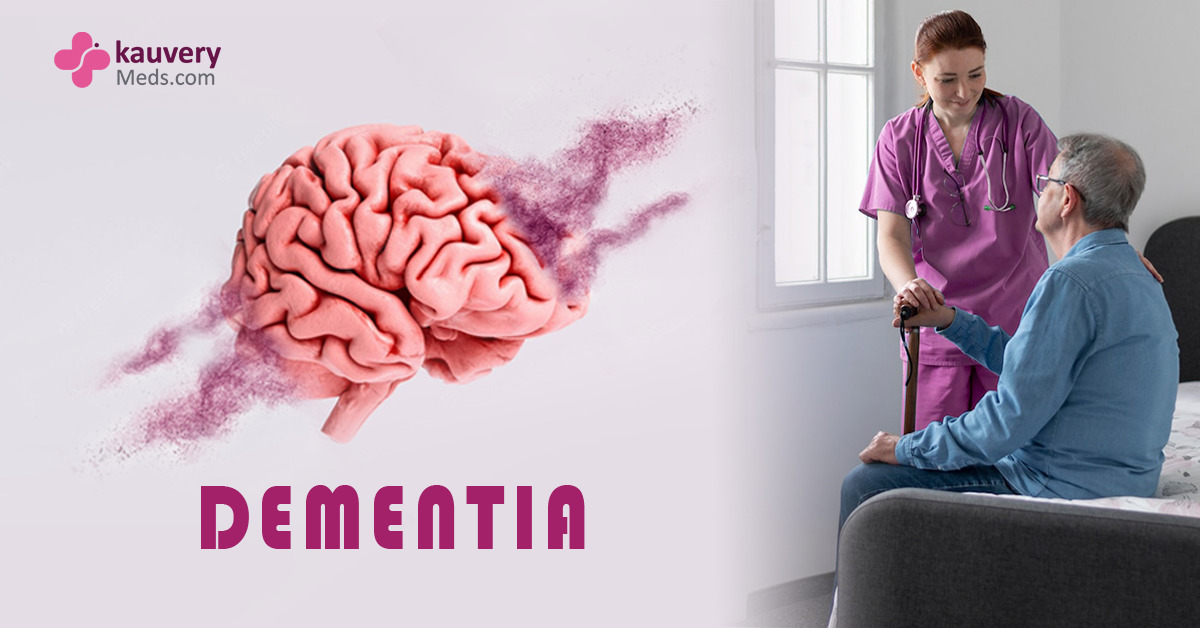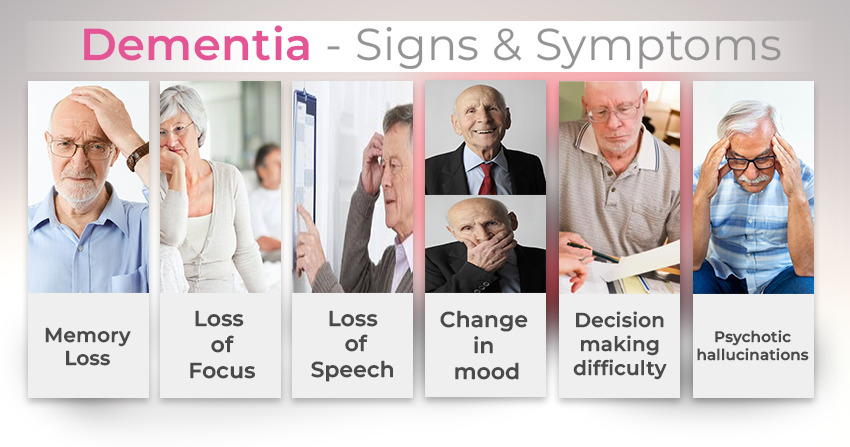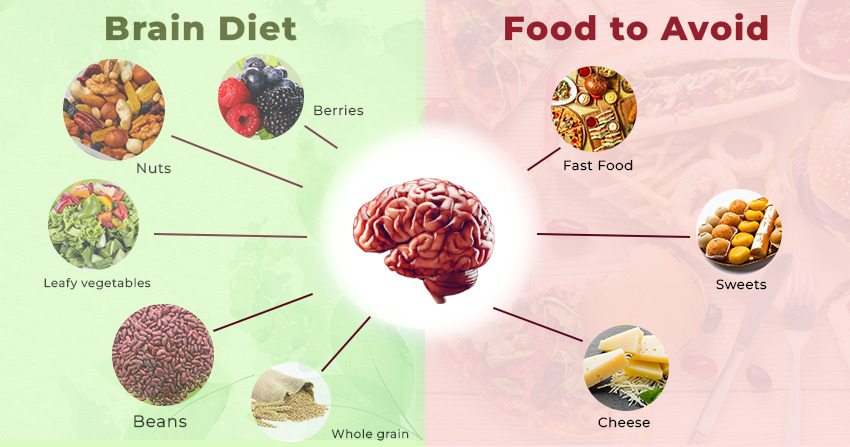Dementia
Oct 20, 2022
Dementia is not a singular disease associated with bad functioning of the body or the brain.
The symptoms are usually seen in people above the age of 65. It is, however, not related to aging
Alzheimer’s disease is a frequent and commonly seen type of Dementia.
What are the Early Signs and Symptoms of Dementia?
Communication - Difficulty in remembering words, repeating words, Less Social interactions
Behavioral - Change in mood or judgment, irritated, frustrated, restless, aggression
Cognitive - Difficulty in taking decisions or solving problems, analytical thinking, understanding
Psychological - Psychotic hallucinations, delusions, depression, anxiety, change in personality
These serious symptoms include:
- Cannot eat, bath, or do any activity by themselves and need help always
- Involuntary Urination, defecation (incontinence)
- Limited or zero communication
- Bed-ridden (can never get out of bed)
Stages of Dementia
What are the main types of Dementia and their Causes?
Alzheimer’s disease
- Memory loss is associated with the inability to recall names or recent events/experiences
- Forgetting day-to-day tasks and things
- Difficulty in learning and communicating and overall denial of being forgetful
- These symptoms gradually become more prominent and affect other cognitive functions of the brain
Alzheimer's disease is caused by abnormal protein build-up in and around the brain.
It can also be caused by mutation of genes hereditarily (apolipoprotein E4)
Vascular Dementia
- Visible confusion, aggressive behavior, and hallucinations
- Depressive behavior & erratic mood swings
- Loss of memory and difficulty in concentration & ability to perform tasks
- Vision impairment
- Physical paralysis & weakness of limbs
Lewy Bodies Dementia
- The constant change in attention levels
- Memory loss and disorientations
- Visual hallucinations & sleep issues
- Physical symptoms such as hands shaking, weak limbs, falling, and muscle stiffness
Parkinson's disease is a Lewy body disease that gradually causes Parkinson's disease dementia
Fronto Temporal Dementia
- Changes in personality
- A rise in compulsive or disorganized behavior
- Thinking and memory problems
- Inability to act appropriately in social surroundings
- Speech and communication difficulties
Other known types of dementia are:
- Mixed dementia
- Parkinson’s disease
- Cruetzfeldt- Jakob disease
- Wernicke-Korsakoff disease
- Huntington's disease
- Traumatic brain injury
Prevention of Dementia
- Depression or Trauma causes a ‘pseudo-dementia’ like state which can be treated with anti-depressants and mental health therapy. Get enough sleep
- Alcoholism: Reactions due to alcohol or drug abuse behavior. Rehabilitation can help against the consumption of alcohol and smoking
- Nutritional deficiencies like vitamin B12 and folate deficiency can be treated with an increase in the intake of supplements that help reduce the deficiency
- Metabolic problems like Endocrine disorders such as thyroid hormone problems can also cause memory problems. This can be treated medically
- Medication side effects: Lead a healthy lifestyle if you take medications for cardiac or diabetes problems. Eat healthy food that can prevent these problems
Irreversible factors include age and family history
The Brain Diet
- Green leafy vegetables
- Nuts
- Beans
- Fish, Chicken & Eggs
- Spices
- Berries
- Whole Grains
- Omega-3 fatty acid foods - Olive Oil
Avoid Fried or fast foods, Sweets & Processed food, too much cheese, and butter
Early Tests, Dementia Treatment & Diagnosis
- Cognitive, physical, and neurological in nature as part of the diagnosis process
- The Mental State Examination (MMSE) test is commonly used to screen for dementia
- Screening for abnormalities in the liver, kidney, thyroid, Vitamin B12, and folate
- CT scan or MRI is also done to rule out any degenerative changes in the brain
- FDG-PET scan
Lab Tests
- Thyroid hormone tests
- Vitamin B12 blood test
- Complete blood count (CBC)
- ALT or AST blood tests
- Glucose test
- HIV test
- Erythrocyte sedimentation rate blood test
- Genetic Tests
Most of the diagnosis is clinical in nature and takes no longer than 10 minutes.
- Creating a safe environment for the patient by removing items such as rugs, carpets, and clutter that can minimize falling
- Providing easy access to the bathroom, bedroom, and other areas in the house
- Keeping essential items within arm’s reach or visibility
- Ensuring that the patient is often included in all activities
- It is also crucial to treat them with utmost care and affection, not as though there is something abnormal with them but rather to empower them with love and inclusiveness
- Keeping them mentally engaged for a few minutes or hours a day can also help strengthen their cognitive abilities and memory. This can be done by creating a book of memories with their loved ones, key experiences, and achievements from their life, playing card games, going to therapy to address and resolve anxiety/hallucination, and just listening to the patient talk
Conclusion
• Proper diet, rich in nutrients and Vitamins
• Mental activities like reading, solving puzzles, Sudoku, etc.
<iframe width="560" height="315" src="https://www.youtube.com/embed/jJYp1cXErRY?rel=0" title="Dementia Symptoms Stages Causes Types & Treatment" fetchpriority="low" frameborder="0" allow="accelerometer; autoplay; clipboard-write; encrypted-media; gyroscope; picture-in-picture" allowfullscreen></iframe>
Recent Post

Why Should You Book Lab Tests Online?
_(1)_CAT_1640504567.jpg)
ஸ்மார்ட் போன்களால் ஏற்படும் பிரச்சனைகள்
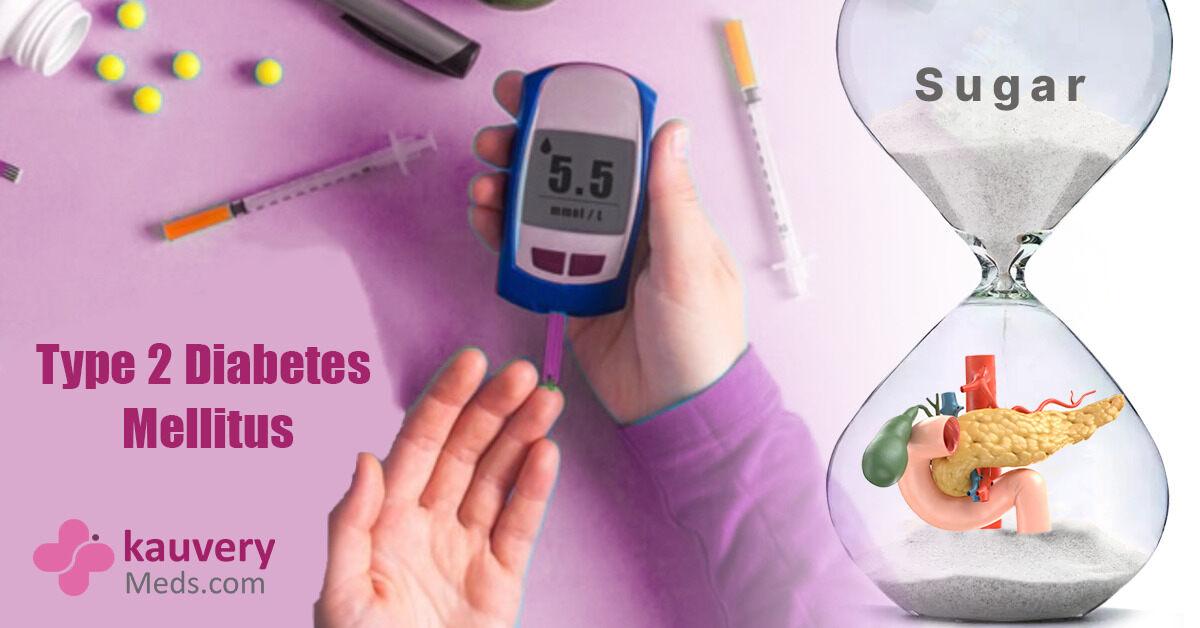
Type 2 Diabetes Mellitus
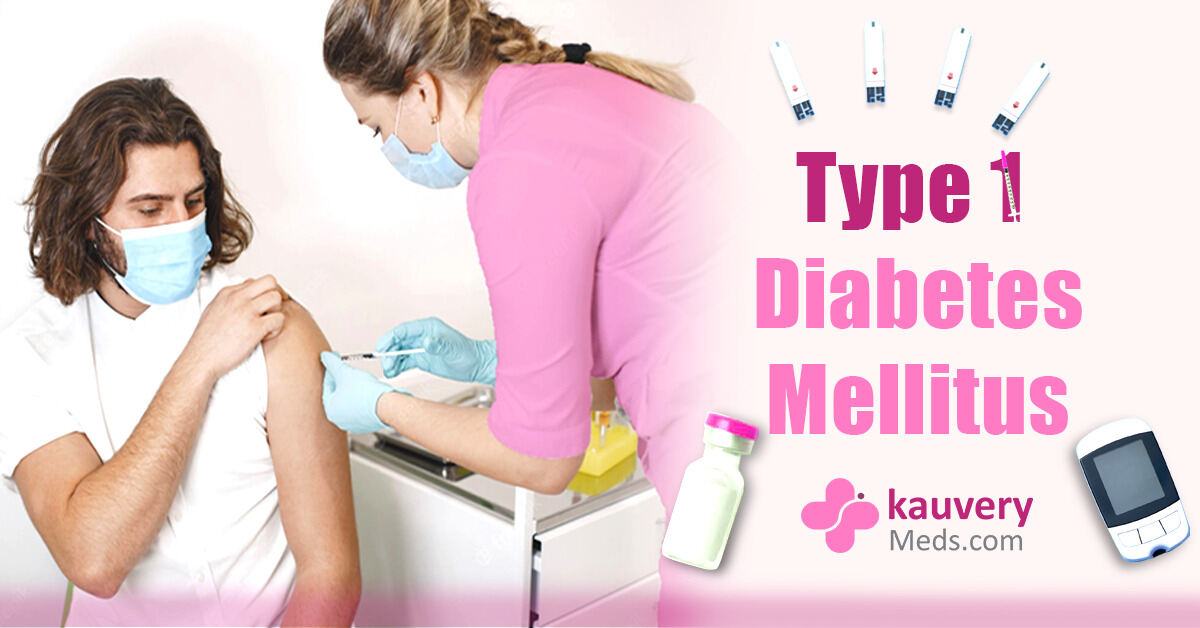
Type 1 Diabetes Mellitus
_CAT_1684759383.jpg)
Tooth Cavities

Understanding Diabetes: Fasting and Other Essential Sugar Tests

Top 10 Essential Skincare Tips for Healthy and Glowing Skin

Summer Skincare Routines and Sunscreen Recommendations

5-Minute Skincare Routine for Oily Skin

5-Minute Skincare Routine for Dry Skin

